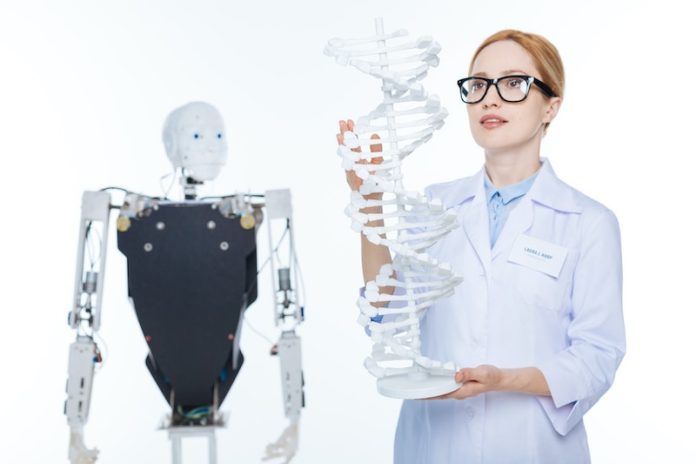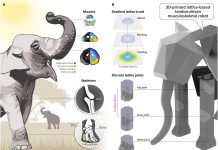
Doctors have always been at the forefront of healthcare, but now, they’ll need to familiarize themselves with a new partner: artificial intelligence.
The University of Maryland School of Medicine (UMSOM) faculty has written an article, highlighting the crucial role clinical decision support (CDS) algorithms can play in diagnosing and treating patients.
These algorithms can range from basic calculators to intricate AI-driven systems. For example, they might predict which patients are at high risk of sepsis or decide the best therapy for a heart disease patient.
Understanding AI is Key
But the real challenge is ensuring doctors can understand and effectively use these algorithms.
“These new technologies have the potential to significantly impact patient care, but doctors need to first learn how machines think and work before they can incorporate algorithms into their medical practice,” said Professor Daniel Morgan.
While some decision tools have already made their way into electronic records, they are often seen as hard to navigate.
Katherine Goodman highlighted, “Doctors don’t need to be math or computer experts, but they do need to understand basic probability and risk adjustment. Currently, most haven’t been trained for it.”
Steps Forward
The UMSOM faculty proposed some essential changes in medical education:
Enhance Probabilistic Skills: Introduce medical students to the basics of probability, uncertainty, and data visualization. Make them understand key metrics like sensitivity and specificity.
Incorporate Algorithmic Knowledge: Teach doctors to critically evaluate and apply CDS algorithms in clinical decisions. It’s essential they understand an algorithm’s context and potential limitations.
Applied Learning: Engage students in hands-on experiences. Have them apply algorithms to patient data and observe the outcomes. Plus, teach them to communicate these AI-informed decisions to patients.
Institutional Changes
The University of Maryland is creating the Institute for Health Computing (IHC) which will focus on integrating the latest advances in AI and data sciences into healthcare.
Dr. Goodman is set to join the IHC, and plans are in place for the Institute to offer certifications in health data science.
In conclusion, understanding probability and risk is fundamental for modern medicine.
As Dr. Mark T. Gladwin noted, “We’re entering a transformative era… [and] will integrate vast amounts of data into machine learning systems to personalize care for individual patients.”
This implies a new age of medical care, but for it to be realized, medical professionals need to be adept at working alongside artificial intelligence.
If you care about cancer risk, please see recent studies about 3 things that could increase the risk of colon cancer, and results showing this imaging tech could detect colon cancer with 100% accuracy.
For more information on colon health, please read studies about whether aspirin could lower colon cancer risk in older people, and this drug may lower death risk in colon cancer.
The study was published in the New England Journal of Medicine.
Follow us on Twitter for more articles about this topic.
Copyright © 2023 Knowridge Science Report. All rights reserved.



